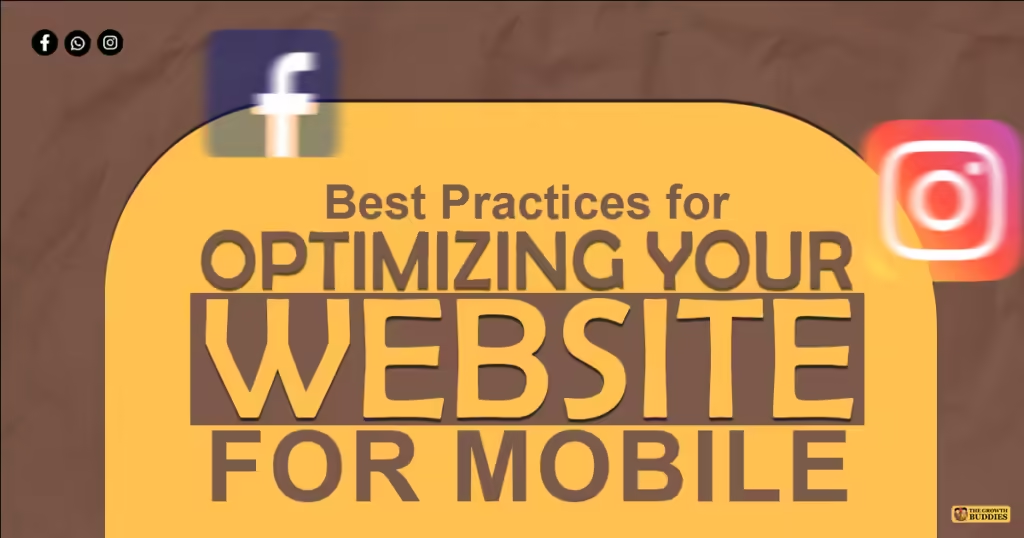
In today’s mobilefocused world, it’s essential to have a website that provides a good experience on small screens. Mobile optimization not only increases user engagement, but also improves your search engine rankings. Here are some best practices for creating a mobile-friendly website:
1. Adopt a Responsive Design
Make sure your website is optimized for all screen sizes. The design uses flexible layouts and images to provide a consistent experience across devices.
2. Prioritize Page Load Speed
Mobile users expect pages to load quickly. Improve graphics, enable browser caching, and reduce HTTP requests to improve performance. Tools like Google PageSpeed Insights can help identify areas for improvement.
3. Use Mobile-Friendly Navigation
Simplify the menu and make navigation buttons easy to click. Use collapsible menus and clear CTAs to help users navigate easily.
4. Optimize for Touch Screens
Create buttons and connect them to the touch chest. Make them large enough to easily click and leave space between them to avoid collisions.
5. Focus on Readable Content
Choose a font size and style that’s easy to read on small screens. Don’t block out text; use bullet points, paragraphs, and short sentences instead.
6. Test Across Devices and Browsers
Use equipment like BrowserStack or TestComplete to check how your internet site performs on various devices and running structures. ordinary testing ensures consistency.
7. Leverage Accelerated Mobile Pages (AMP)
AMP complements cell web page velocity and performance. It’s in particular useful for content-heavy websites like blogs or news platforms.
8. Minimize Pop-Ups and Intrusive Ads
Pop-usacan frustrate cellular customers. if they’re essential, make certain they’re without difficulty dismissible and don’t block content material.
9. Enable Mobile-Friendly Forms
Simplify shape fields and use input types like date pickers to make paperwork less difficult to finish on cell devices.
10. Focus on Local SEO
Cellular customers often look for neighborhood facts. Optimize your internet site for local keywords and include your region on touchdown pages.
Final Thoughts
Mobile optimization is no longer optionally available—it’s essential for accomplishing and preserving your audience. by using implementing those best practices, you’ll create a consumer-pleasant, speedy, and tasty enjoy in your cell traffic.
